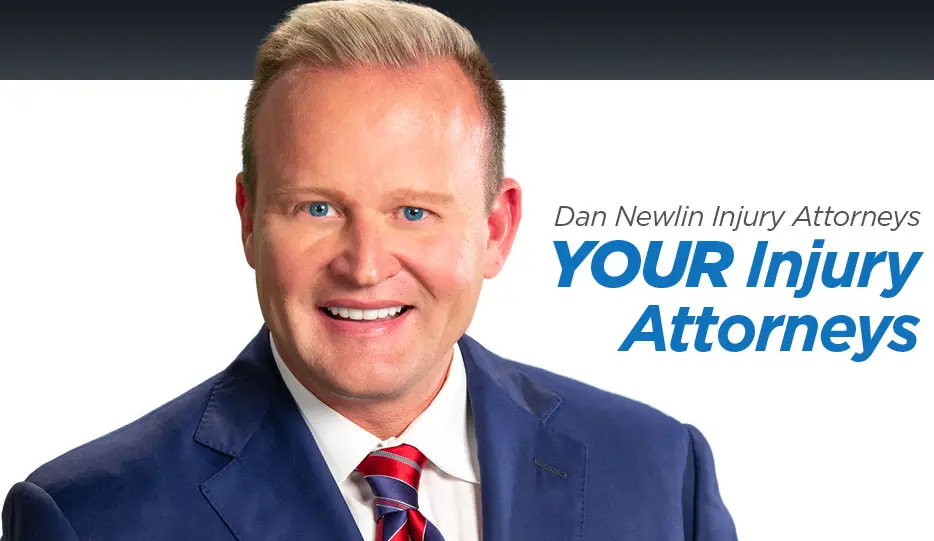FAQ's: Your Questions Answered
FREE CONSULTATION
I hear about nursing home abuse all the time. How big of a problem is it?
Nursing home abuse is a huge problem, exactly how big is difficult to accurately identify. Primarily comprised of the elderly and incapacitated, many of the incidents of abuse go unreported. According to a 2007 report from the National Center for Health Statistics, it is estimated that in excess of 1.8 million of our nation’s population reside in a nursing home. 90% of the nursing homes registered in this country have been determined to be understaffed and unable to provide adequate care to their residents. In 2003, there were 20,673 complaints of abuse, gross neglect and exploitation to residents in nursing homes and it is estimated that less than 1 in 14, and probably significantly fewer than that, incidents of abuse are ever reported to authorities. Recent studies suggest that between one and two million Americans age 65 or older have been exploited, neglected or otherwise mistreated by someone on whom they depended for care and/or protection.
Recent studies have revealed the following alarming statistics:
As many as 44 % of nursing home residents have been victim to some type of abuse. 48% have reported they have been treated roughly by staff, and 38% have reported they have witnessed acts of abuse against other residents.
Approximately 30% of nursing home staff have admitted they observed some form of physical abuse of residents within the last year. 81% stated they witnessed either verbal or some other type of abuse during that time, and 405 admitted they actually committed such an act at least once over the last year.
It is estimated that 2/3 of residents in nursing homes suffer some level of Alzheimer’s disease or other cognitive disability significantly impeding their ability to care for themselves or verbalize to others if, and under what circumstances, abuse occurred.
85% of nursing home staff admitted that their lack of sufficient staffing was the cause of abuse in their facility.
33% of nursing homes or other long-term care facilities have been cited for violations that had the potential to lead to abuse and 10 percent were cited for actual physical abuse.
Even more alarming is the fact that so few of abuse incident are ever reported. Less than 20% of abuse is reported, largely because many nursing home residents are mentally unable to report acts of abuse, whether the act is perpetrated on themselves or if they witnessed another resident being abused.
For those who are able of report being abused or witnessing another being abused, they often choose not to report the abuse based upon fear that doing so would only cause further abuse. Taking into account that a large number of nursing home residents have no friends or relatives who visit them regularly to see that they are being treated properly, this abuse can become a chronic issue.
Despite an aging population, residents of nursing homes are entering at a younger age. Over the last ten years, the number of residents under the age of 65 has doubled, increasing from seven (7) percent to fourteen (14) percent. Over the same time span the average age of nursing home residents has decreased from 83 to 79. Of the 36 million Americans over the age of 65, five (5) percent, or 1.8 million reside in nursing homes. Women, by a ratio of 3 to 1 (75 percent), are the largest population gender residing in those homes, and half of those women were 85 years or older. The average yearly cost to reside in a private nursing home in 2003 was $66,000 a year. Experts estimate in 2021 that cost may rise to $175,000.
Nursing home abuse is unequivocally the result of the economic forces existing in our society today. 66 percent of nursing homes licensed in this country today are privately owned and for profit. 52 percent of those facilities are part of a chain (“Chain” facilities are owned or leased by a multi-facility organization. The remaining facilities are individually owned and operated). Nursing homes are big business, and big business focuses on profitability and the need to maintain the “bottom line”, many times to the detriment of providing adequate and necessary services to its residents. Compounded by the increased demands of an aging society and the need for more of our population to utilize the services of nursing homes, the conflicts between the need to provide proper service and care to its residents while maximizing profits will undoubtedly breed more opportunity for resident abuse.
If you, or a loved one, know of a family member that has been a victim of nursing home abuse, you should contact a qualified, experienced attorney to advise you of your legal rights. Dan Newlin Injury Attorneys is dedicated to protecting those rights. We have a staff that is experienced in handling nursing home abuse cases and knows the right questions to ask in order to get the right answers. You are encouraged to call our office any time at 800-257-1822 for a free consultation. It would be an honor to answer any questions you may have.












